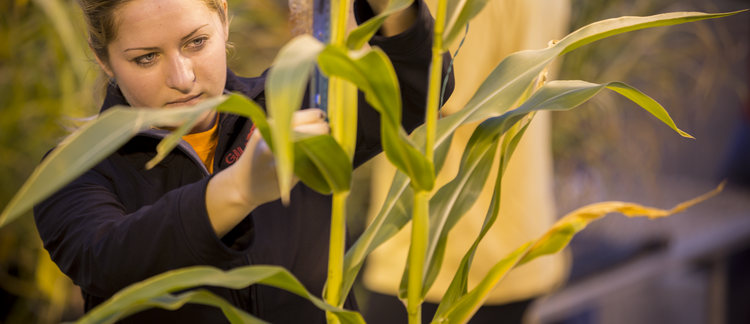Abstract
The appearance of black blotches and blemishes on apples infected with sooty blotch and flyspeck (SBFS) fungi reduces the fresh fruit quality and market value. In order to control the infection of SBFS, most of the growers in North Central region spray fungicide every 10 to 14 days from shortly after petal fall until harvest. The fungicides widely used are thiophanate-methyl and captan, both of which carry substantial safety risks.
Keywords: Plant Pathology and Microbiology
How to Cite:
Rosli, H. B., Gleason, M. L. & Batzer, J. C., (2014) “Validation of the Gleason-Duttweiler Warning System for Sooty Blotch and Flyspeck Management Using a Modified Relative Humidity Threshold”, Iowa State University Research and Demonstration Farms Progress Reports 2013(1).
Downloads:
Download pdf
View PDF

